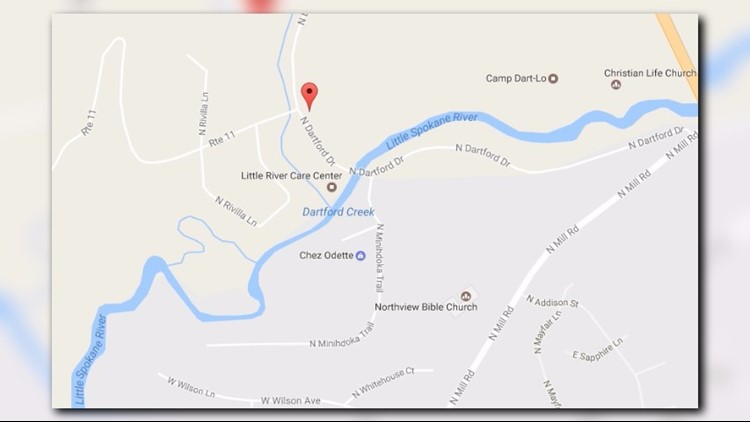SPOKANE, Wash. — Washington State Parks announced that it is suspending its probation on stand up paddleboard use on the Little Spokane River on Wednesday.
The suspension will allow for further evaluation of the potential affects of all recreational use on the area's habitat. Additionally, it will allow the agency to gain input from the public.
Previously, paddleboards were banned this summer at Saint George's put-in on the Little Spokane River which is located at Riverside State Park.
The change would have been in line with the Washington Administrative Code 352-32-15001.
The administrative code puts a limit on certain activities that could damage the habitat of the park.
When the code was first written, paddle boards were not very popular. However, paddle boards users have been more likely to be in the water like inner tube users. This makes them not like other allowed watercrafts like canoes, rowboats, kayaks or rafts, according to Washington State Parks and Recreation.
Although, since a rise in paddleboard popularity, parks staff has noticed a decline in the natural resources, according to Washington State Parks and Recreation.
Although you can now still paddleboard there are a number of other things that are banned in the Little Spokane Natural Area. Including:
- Bicycles
- Camping
- Commercial development or activities
- Consumption of alcoholic beverages
- Fires or fireworks
- Horseback riding
- Hunting
- Motorized boats, personal watercraft, or boats propelled by means other than oars or paddles; use of canoes, rowboats, kayaks and rafts is specifically authorized
- Pets including all dogs except assistance dogs for persons with disabilities.
- Swimming, or use of innertubes, air mattresses or similar floatation devices
- Travel by foot, skis or snowshoes off designated trails or outside designated corridors
This does not apply to search and rescue operations, medication emergency response, law enforcement or firefighting activities.
Washington State Parks explained that they are working on a process for evaluating the impact of all recreational use on the resource.



